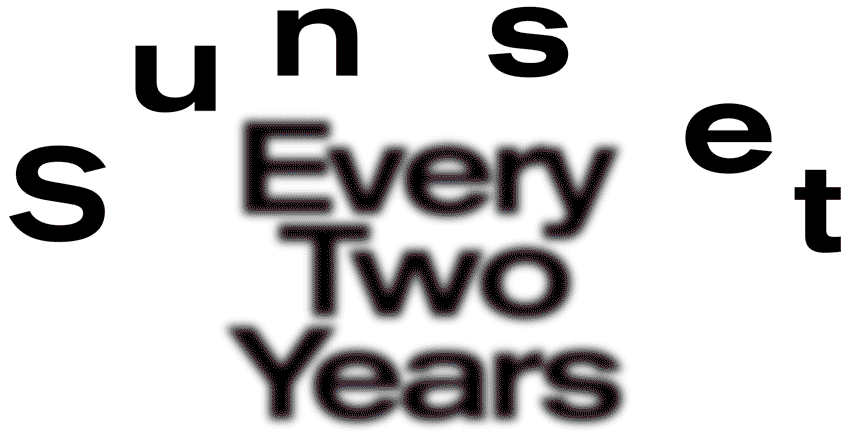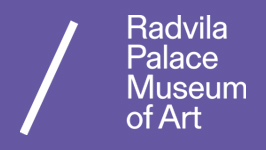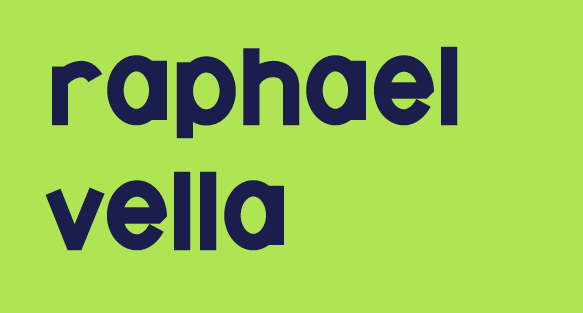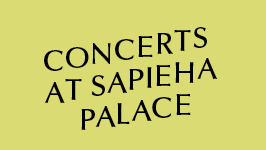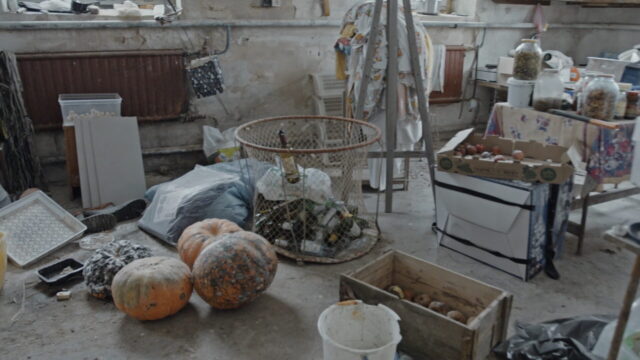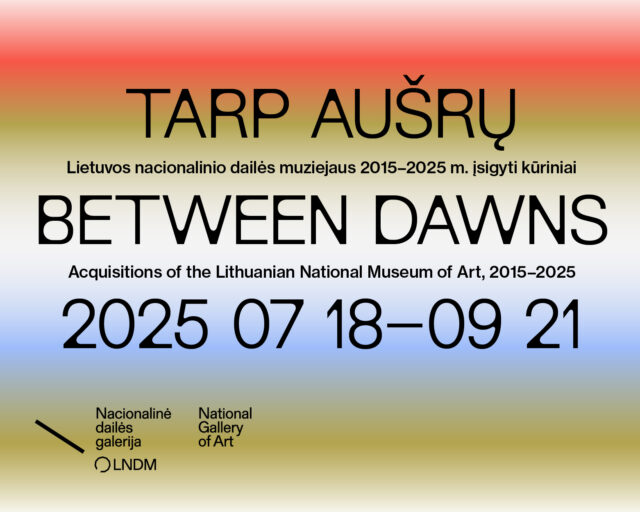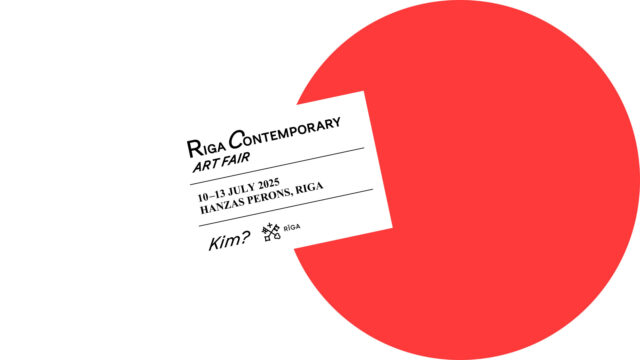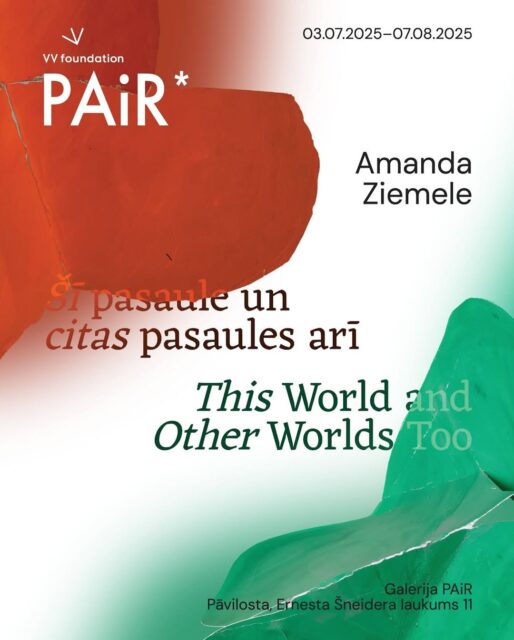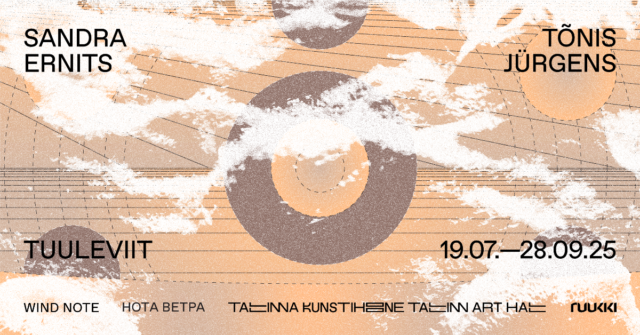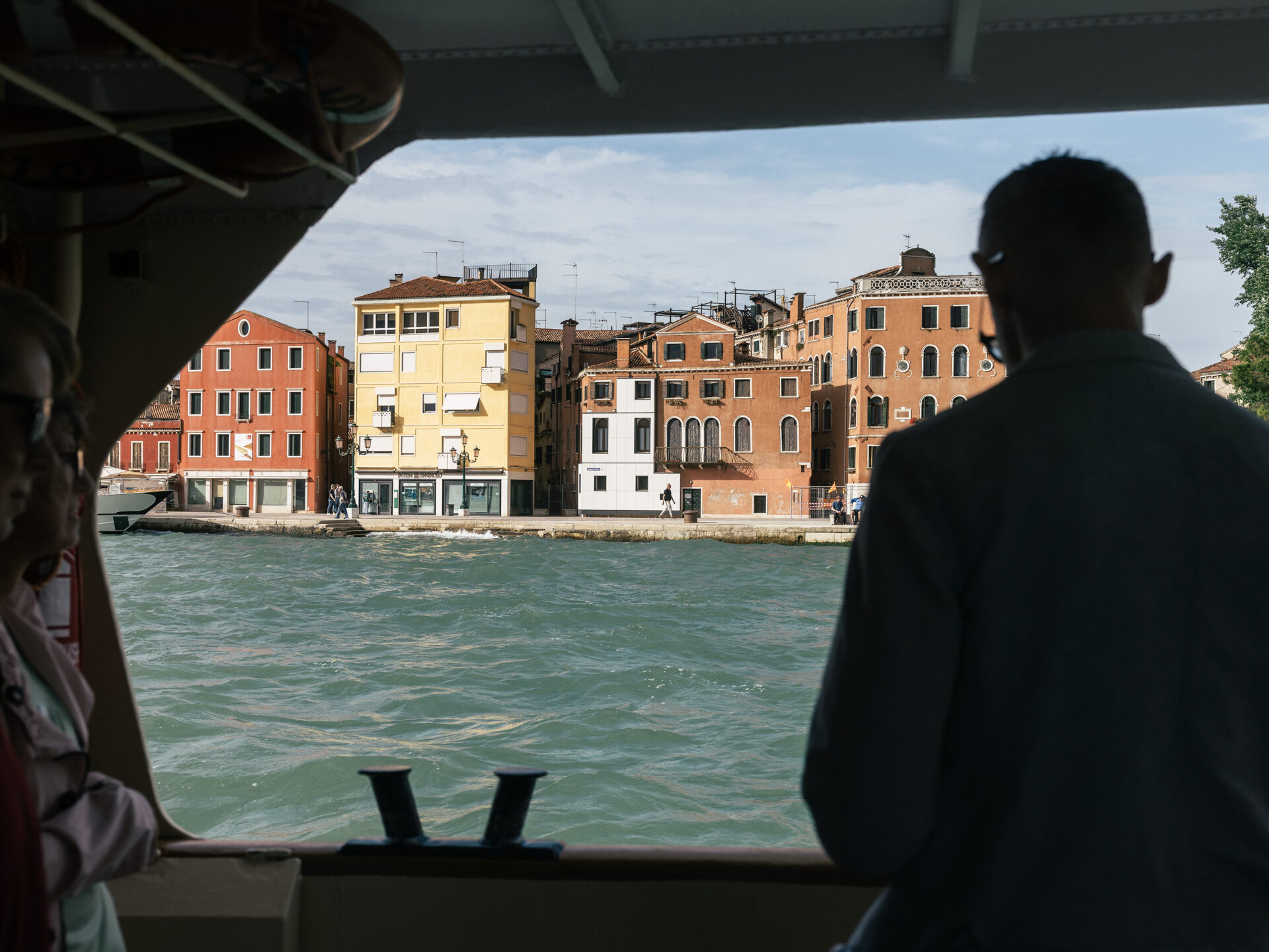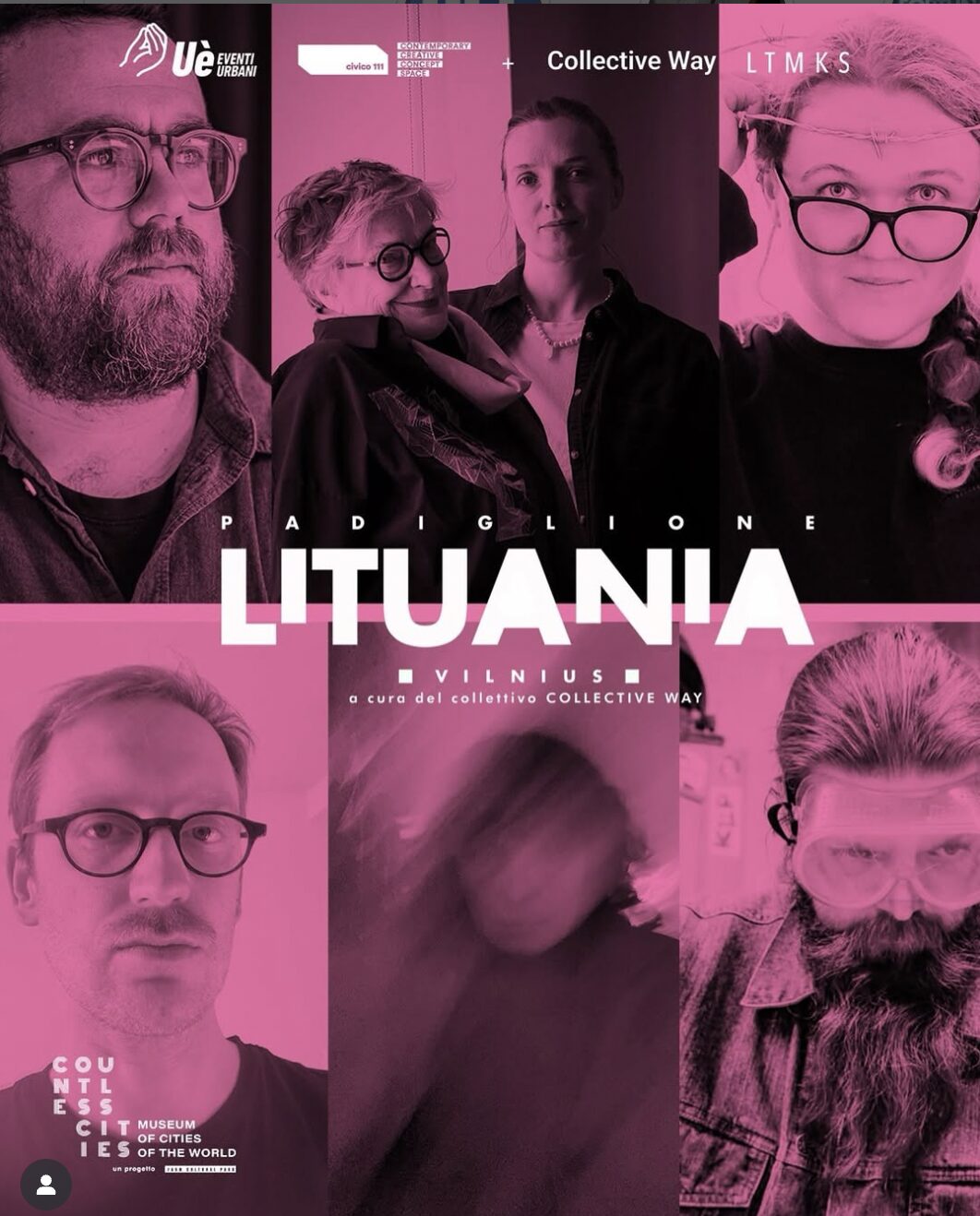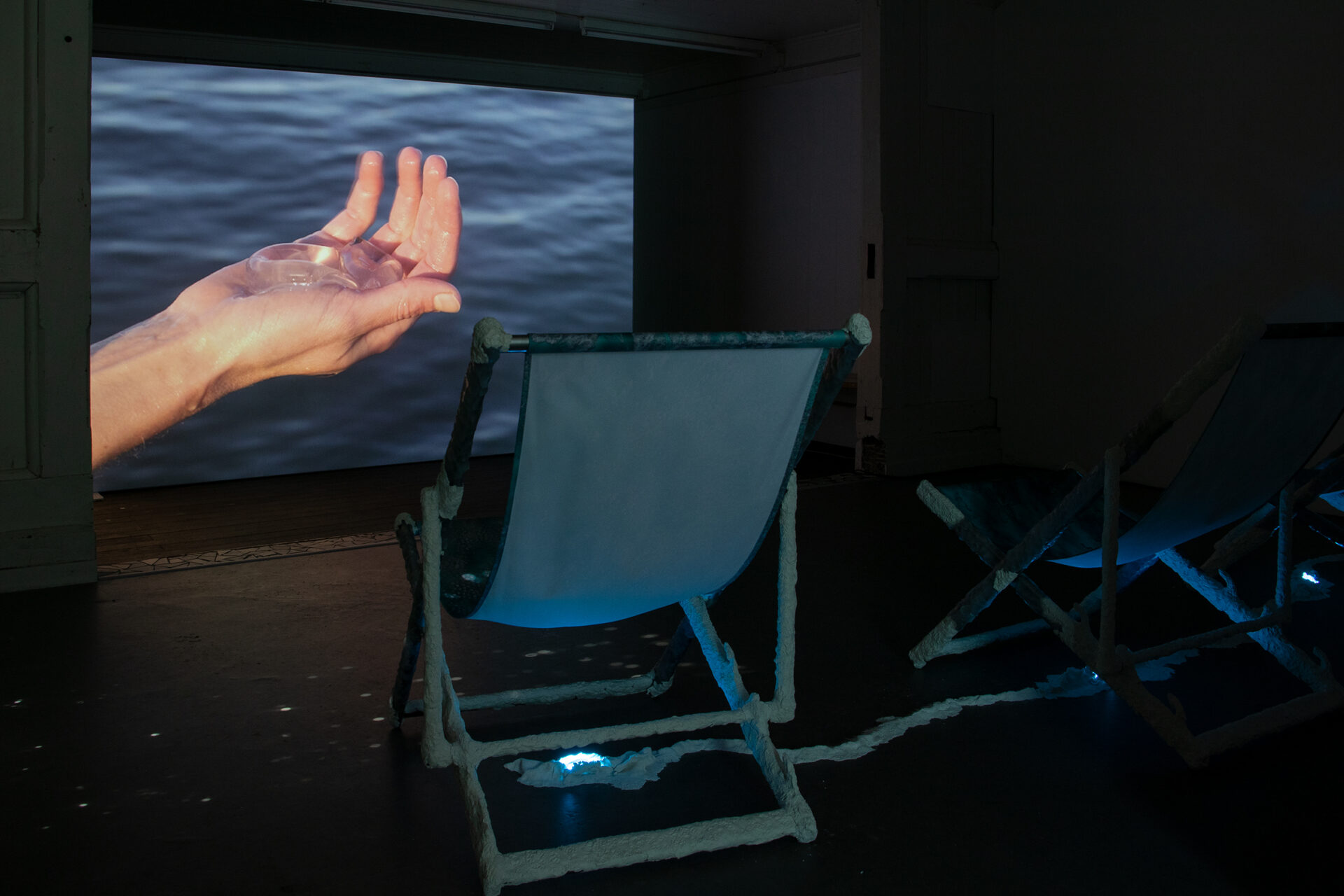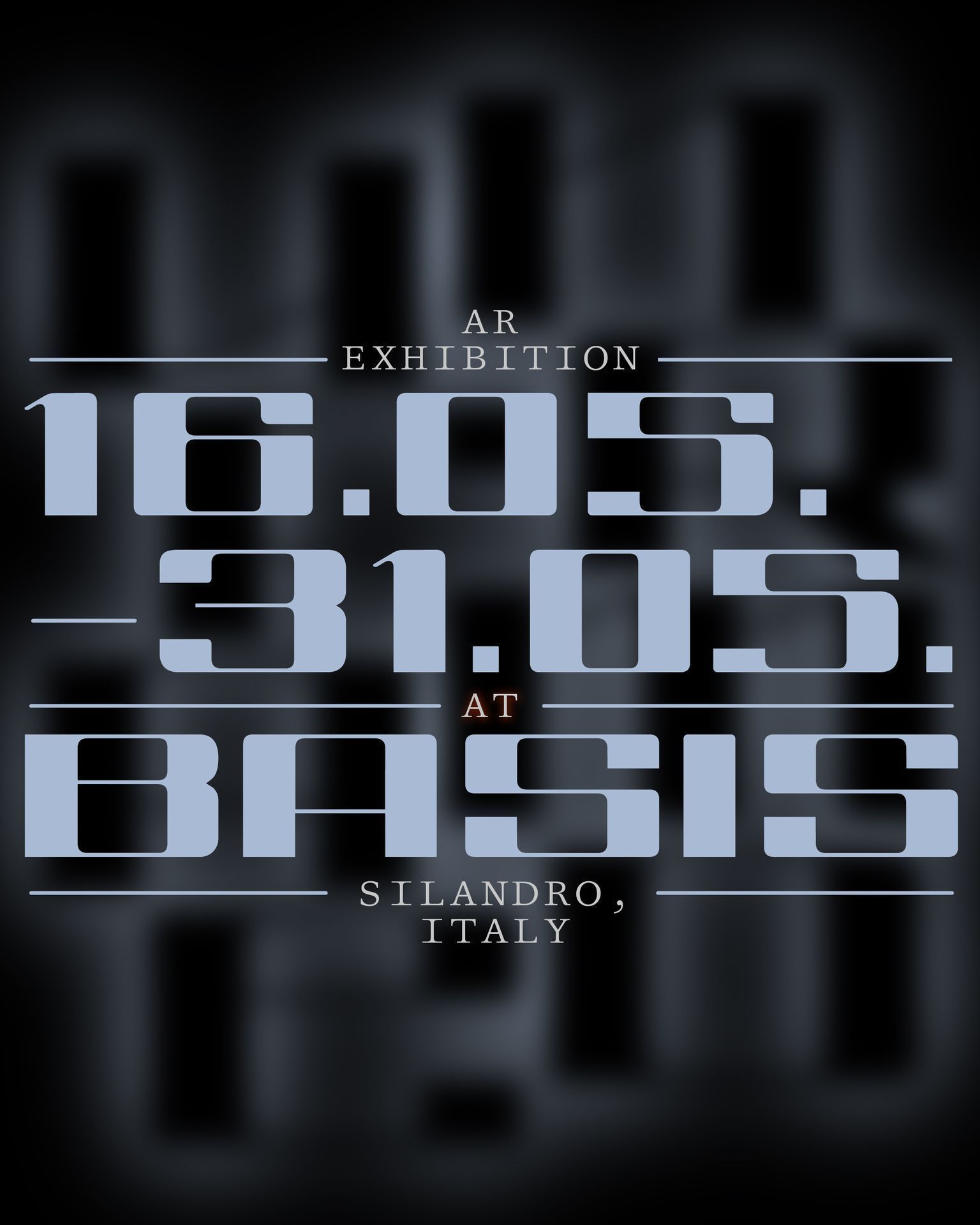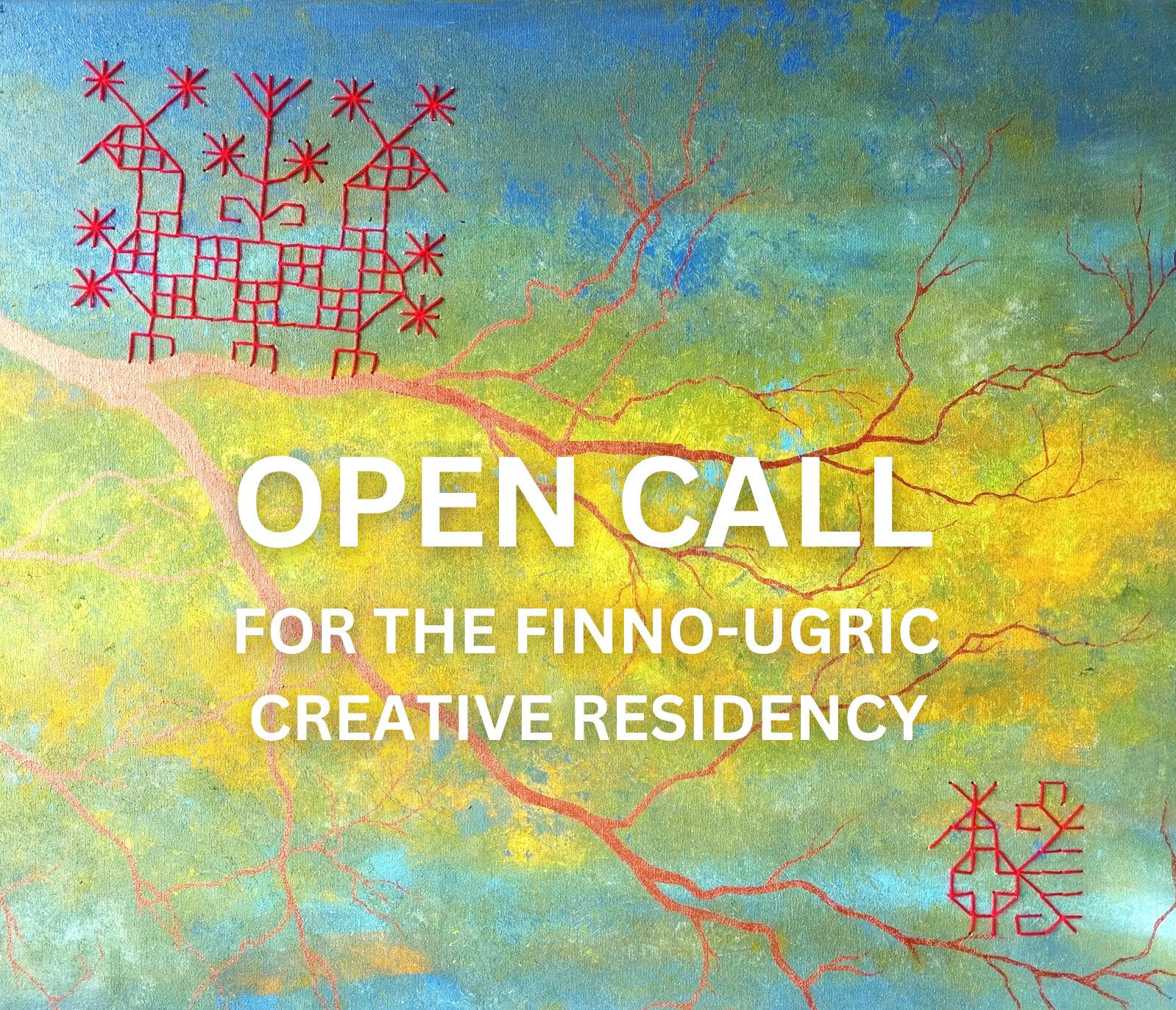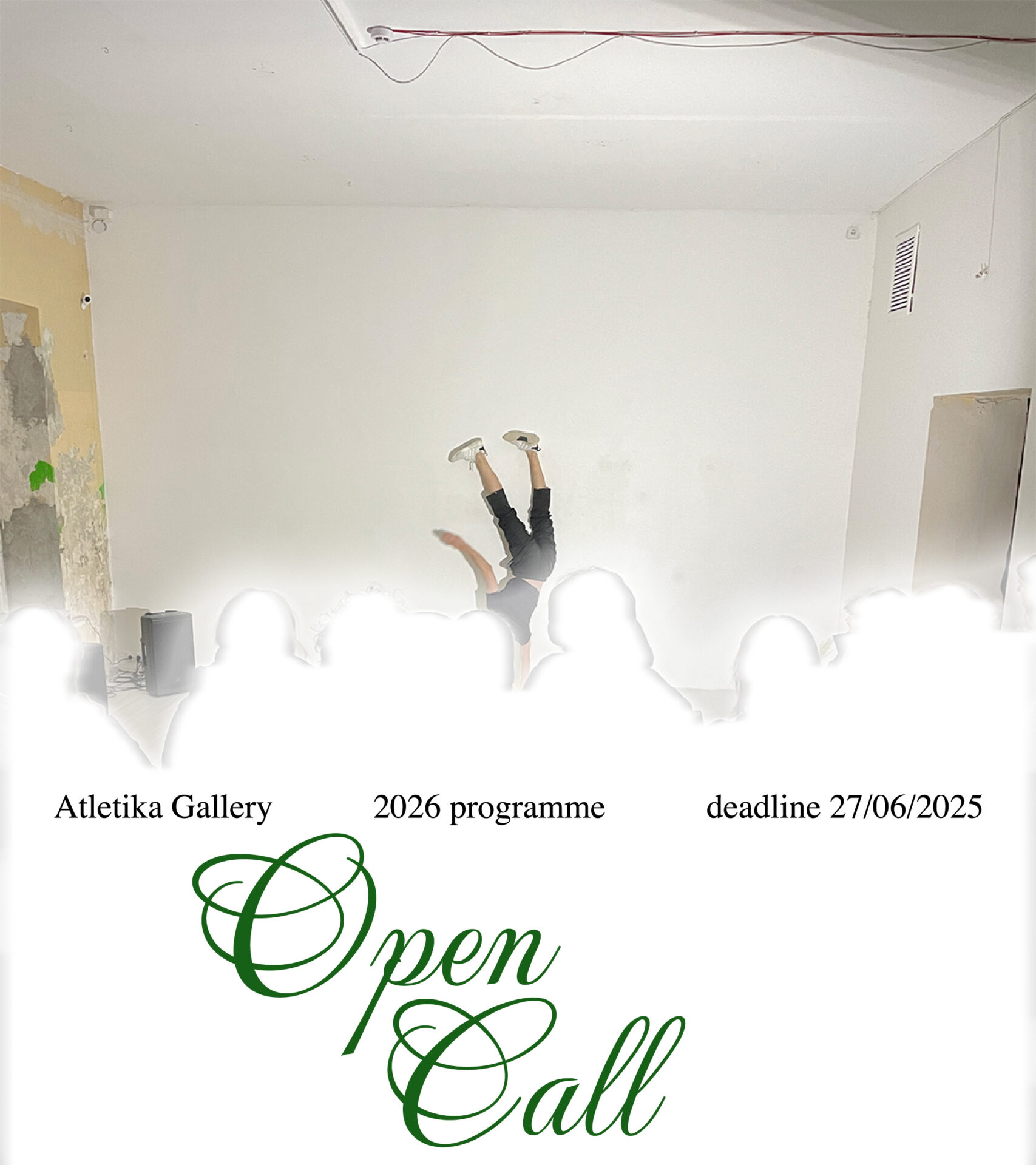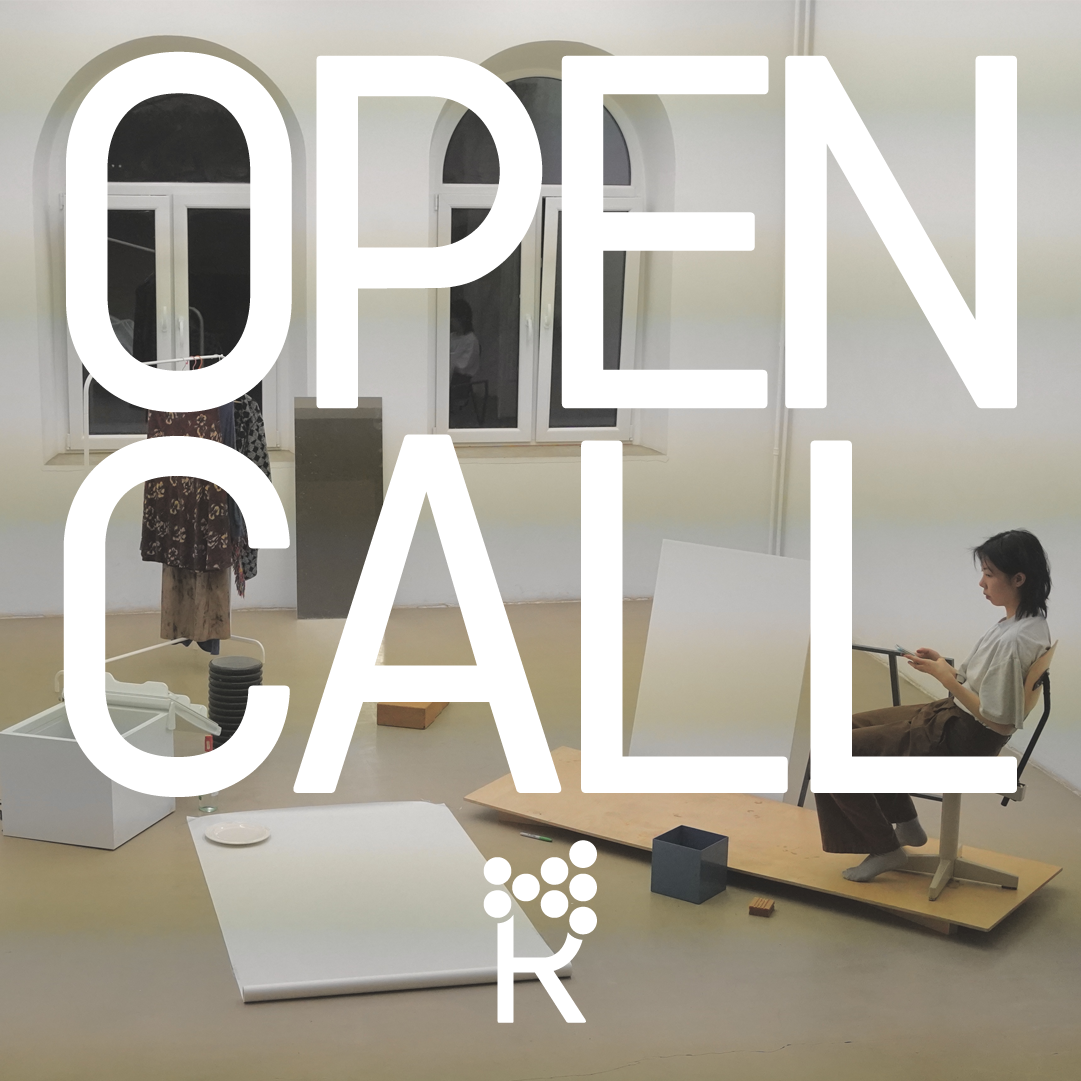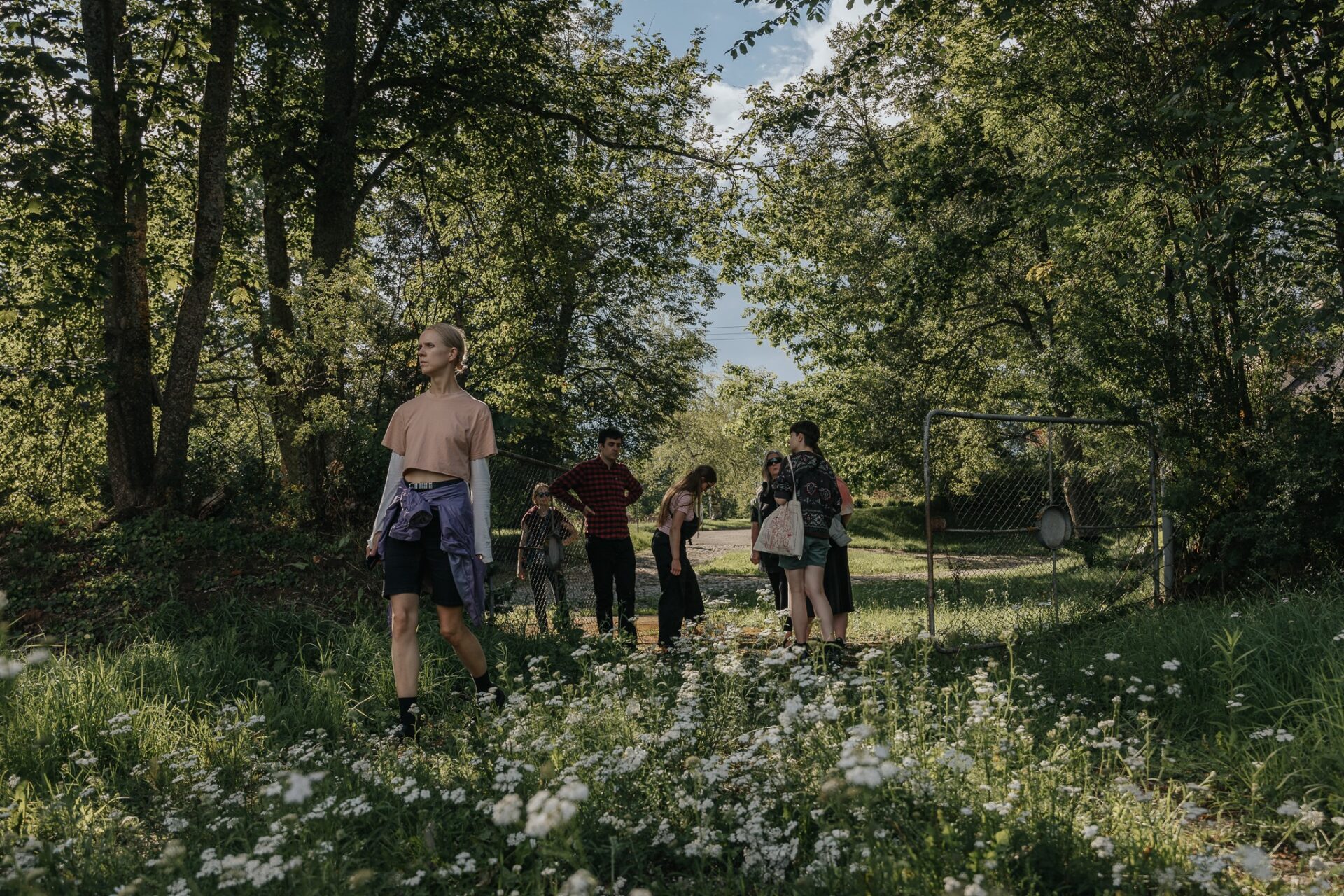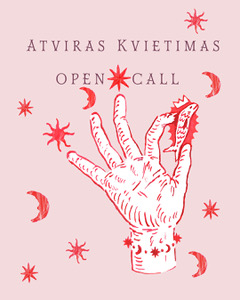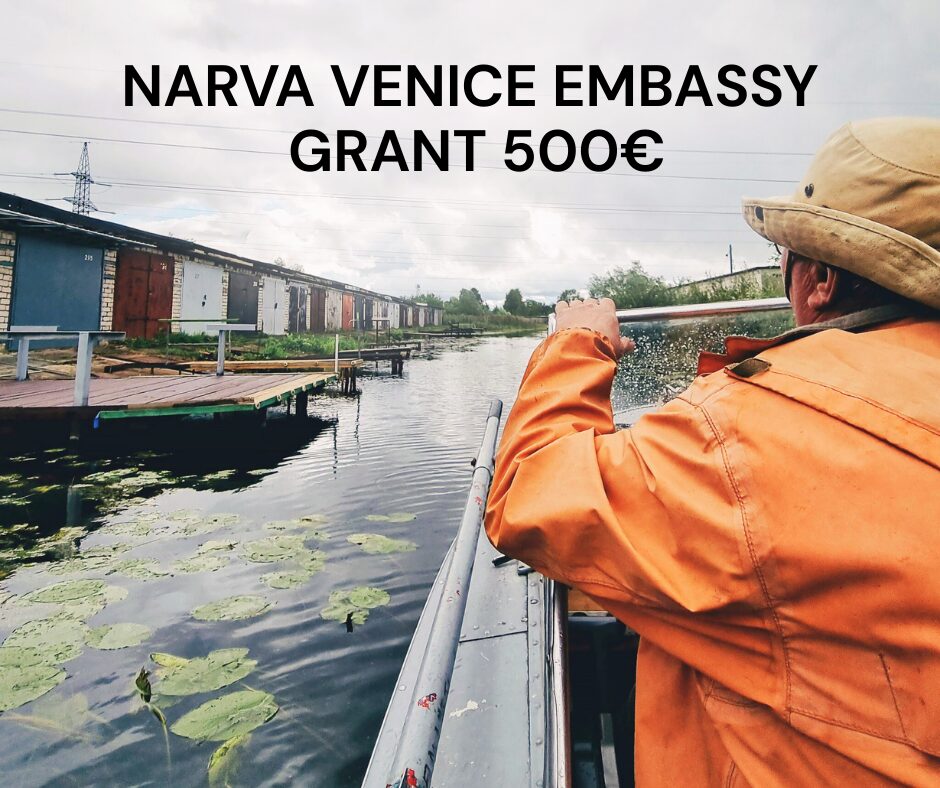In 2024, Aikas Žado Laboratory* is opening up for the scenarios dedicated to building various healing alliances. In collaboration with Rupert’s Alternative Education Program (AEP), in Rupert’s space (Vaidilutės g. 79), researcher Nabila Tavolieri will hold her talk ‘Hospitality/teraanga and healing/faju: transformative practice for new cosmo-ethical visions. ‘Exuviation Fervor’: Rezaire’s radical oeuvre as cosmo-poethical space of possibility’, which will theoretically encapsulate Tabita Rezaire’s solo show ‘Exuviation Fervor’**, exhibited in Žeimiai Manor House from the the 7th of September and analyze the possibilities for artistic healing practices in general.
The seminar will be held in English.
This seminar is part of the project ‘Aikas Žado Laboratory 2024: healing ontologies’. It is partly funded by the Lithuanian Council for Culture. Rupert’s programmes are also funded by Lithuanian Council for Culture.
Curator of the project: Eglė Ambrasaitė
‘Hospitality/teraanga and healing/faju: transformative practice for new cosmo-ethical visions. ‘Exuviation Fervor’: Rezaire’s radical oeuvre as cosmo-poethical space of possibility’:
My intervention brings transgression, traversability, and the ‘cosmo-poet(h)ical’ practices of Tabita Rezaire into dialogue, drawing inspiration from Decolonial Thinking, Black Radical Thought, and Radical Critical Pedagogies. The notion of ‘cosmo-poet(h)ics’ here refers to the theoretical and practical interventions that serve as poetic and critical frameworks for imagining and enacting new ways of being, relating, and knowing.
The French-born Guyanese/Danish artist Tabita Rezaire uses her artistic agency at the crossroads of digital arts, corporeal performances, and ancestral memory. Her oeuvre represents an act of epistemic, ontological, and political disobedience, in the spirit of Mignolo’s work. Consequently, my presentation explores Rezaire’s pieces of art as an act of decolonial transgression, capable of dismantling the still present forms of ‘coloniality’ (Quijano) conceived by modern Eurocentric thought.
Through the artworks featured in “Exuviation Fervor,” the presentation is envisioned as a space of radical possibilities, inviting the audience to find their own path to transgression, a movement “against and beyond boundaries” (hooks, 1994, Teaching to Transgress). Through her decolonial, sacred, and transfeminist practice, Rezaire teaches us to transgress and to embrace mutation. Her work embodies an enthusiastic pedagogy of transformation, essential to understanding how crossings “might guide us in the urgent task of configuring new ways of being” (Alexander, 2005, Pedagogies of Crossing).
About the speaker:
Nabila Tavolieri is a Ph.D. student in the Department of Human and Social Sciences at the University of Naples L’Orientale. She is investigating, experimenting with an undisciplined approach, the articulation between communitarian urban movements, cultural politics, and popular education in Bogotà, Colombia. For her research, she has been engaging and conspiring with alternative educational and communitarian projects to understand how a decolonial rethinking of traditional education can be envisioned. She completed her master’s degree in Cultural Mediation at the same university, specializing in Literary Criticism and Comparative Literature, with a thesis focused on radical black female ‘thought-praxis’ and Afro-diasporic artistic experimentations. Given her diverse academic background, she is particularly interested in employing a multidisciplinary theoretical and critical framework, encompassing Postcolonial and Decolonial Studies, Critical and Popular Education Theories, Cultural Studies, Feminist Philosophies and Black Radical Thought.
*Based in crip materiality methodologies, Aikas Žado Laboratory is a contemporary art device, constructed in Žeimiai Manor House. Aikas Žado Laboratory is organized as an individually collaborative artwork by the artists Domas Noreika, Eglė Ambrasaitė, as well as other members of the collective. Part of its programs are administered, coordinated and developed by the Aikas Žado Association. The main activities of the Laboratory are practical experiments related to the management of cultural heritage objects and the combination of discoveries, methods, techniques and knowledge in the fields of contemporary art, science and culture. The main principles of the Laboratory’s activities are illustrated by the application of conservation, prevention and restoration systems in the Žeimiai Manor House. At the Laboratory, the team collects and tests historical materials, organizes scientific research and exhibitions, and presents cognitive expeditions that showcase specific solutions and methods of turning the Manor House into a contemporary artwork itself.
**Aikas Žado Laboratory presents a solo exhibition ‘Exuviation fervor’ of the French-born, Guyanese-Danish artist Tabita Rezaire, which functions as a platform to embrace healing practices through feminist, decolonial and posthumanist prisms.
Tabita Rezaire’s works dive deep into the analysis of the separation of body and mind introduced by Western culture, which is known to have established the foundations of existing forms of violence and inequalities, the phantasms of class, race, gender and species. In her art installations, opening the possibilities of intersectional politics and Afro-feminism, Tabita intertwines different time spaces where technology and spirituality intersect as fertile ground for nurturing visions of connection and emancipation. Tabita Rezaire’s interdisciplinary path as an artist, devotee, doula, and farmer envisions network sciences – organic, electronic, and spiritual – as healing technologies that serve the shift towards what Tabita calls the heart consciousness. Embracing digital, corporeal and ancestral memory, she digs into scientific imaginaries and mystical realms to tackle the colonial wounds and energetic misalignments that affect the songs of our body-mind-spirits. Through screen interfaces, healing circles and land stewardship, her offerings aim to nurture our collective growth and expand our capacity for togetherness.
Her offerings have been shared widely – Centre Pompidou, Palais de Tokyo, Museum of Modern Art – Paris; MASP, São Paulo; Serpentine , ICA, V&A, Tate Modern – London; MoMa, New Museum, MoCADA – New York; Gropius Bau – Berlin; and within international biennales in Sydney, Shanghai, Guangzhou, Lagos, Kochi, Athens, Helsinki, Busan, and Berlin. At the moment, Tabita is based in French Guiana, where she is caring for AMAKABA a center for the arts of earth, body and sky.

